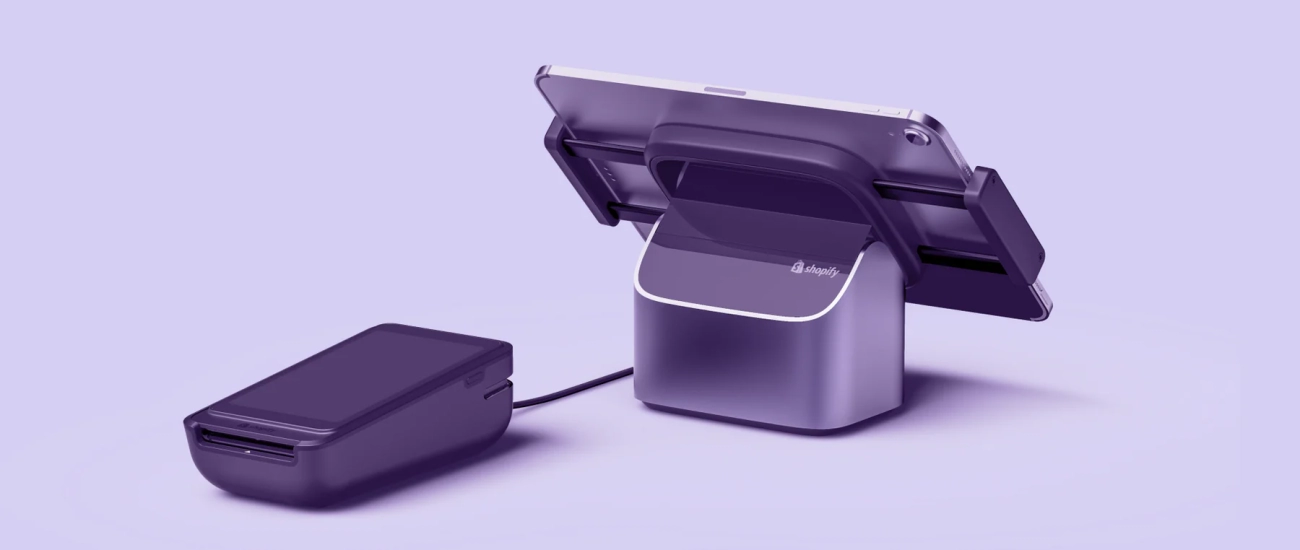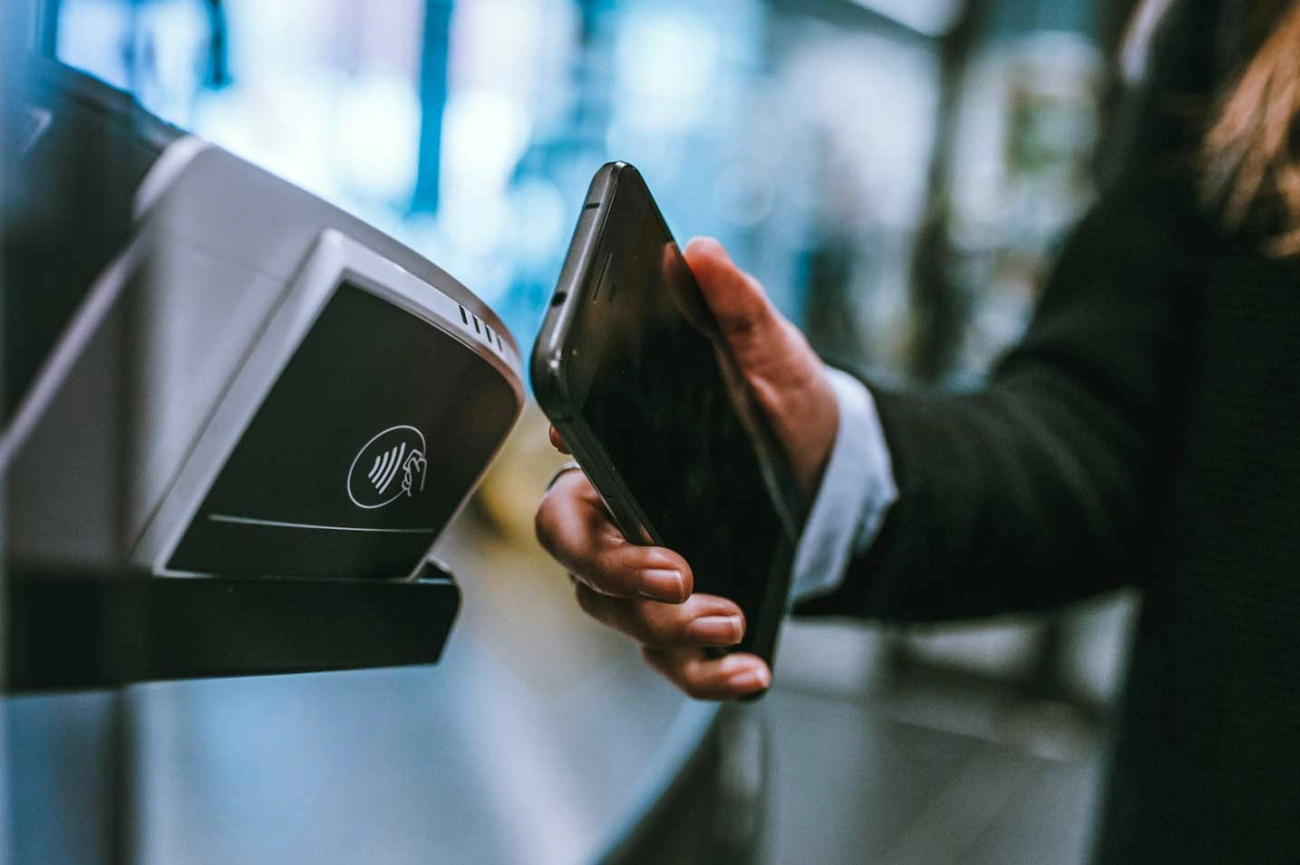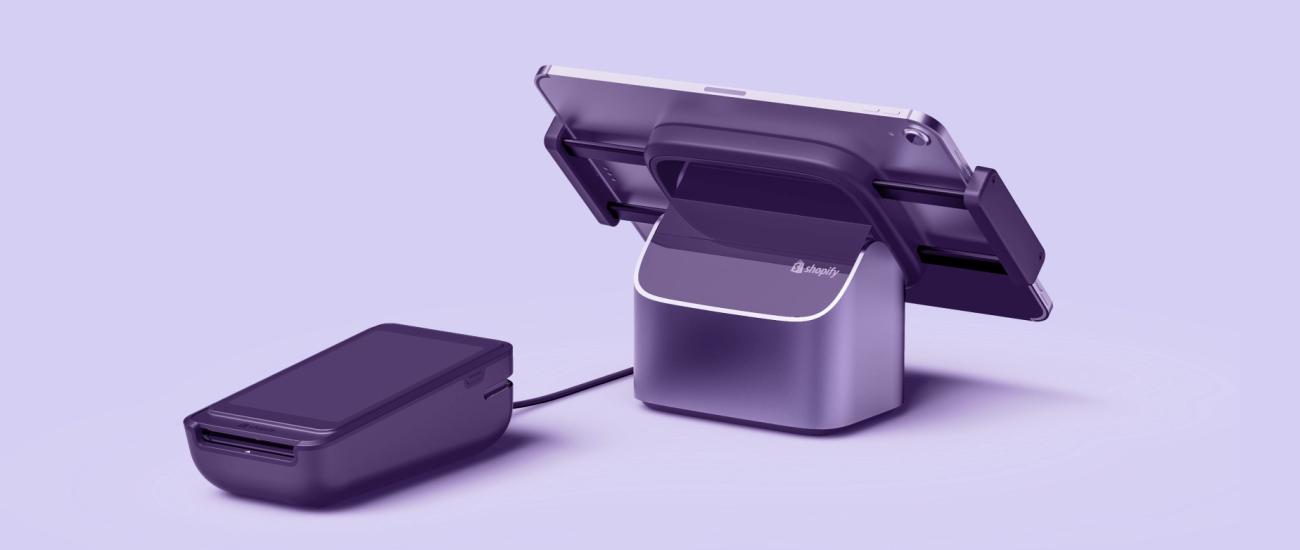Cash Register vs POS System Differences Explained for Small Business

What is a Cash Register
Definition and History of the Cash Register
A cash register is a traditional retail device used to record and process basic sales transactions. Invented in the late 19th century by James Ritty to prevent employee theft, it has since become a staple at checkout points around the world. Originally mechanical, cash registers evolved to include electronic models that offer faster processing and improved receipt printing. Despite the rise of newer technologies, cash registers remain important in many small businesses for their straightforward approach to handling sales.
Core Features and Functionalities of Cash Registers
Cash registers focus on basic sales functions that make day-to-day retail operations simple and reliable. Their core features typically include:
- Recording sales transactions including adding item prices and calculating change
- A cash drawer that securely stores cash and coins
- Receipt printing to provide customers with a proof of purchase
- Often limited to manual input or barcode scanning in some electronic models
These features keep checkout fast and easy, ensuring businesses can handle cash payments efficiently without complex technology.
Typical Use Cases and Business Types Best Suited for Cash Registers
Cash registers are ideal for businesses that prioritize simplicity and low-cost solutions with minimal technical requirements. Common business types using cash registers include:
- Small retail stores with low transaction volumes
- Food trucks, pop-up shops, and market vendors
- Service-based businesses like salons or repair shops that primarily accept cash or simple card payments
- Businesses that do not require advanced inventory tracking or customer data management
cash registers are well-suited for businesses looking for basic transaction handling with reliability, easy operation, and low upfront cost. They provide a straightforward checkout solution without the additional features found in modern POS systems.
What is a POS System and How It Evolved
A POS system (point of sale system) is a modern solution that goes beyond traditional cash registers. It’s a combination of hardware and software designed to handle sales transactions while also managing many business operations. Over the years, POS systems have evolved from simple cash registers into powerful tools that provide inventory control, sales insights, and customer management, making them essential for many types of retailers and service providers today.
Core Features and Functionalities of POS Systems
Unlike basic cash registers, POS systems offer a range of advanced features, including:
- Inventory management: Automatically track stock levels, set reorder alerts, and manage product variations like size, color, or styles.
- Sales tracking and reporting: Generate detailed reports on sales data to identify trends, best sellers, and peak times.
- Customer data integration: Capture and store customer information to support loyalty programs, email marketing, and personalized promotions.
- Payment processing: Seamlessly integrate with multiple payment gateways, including credit/debit cards, mobile wallets, and contactless payments.
- Multi-channel selling: Connect brick-and-mortar sales with online stores for comprehensive tracking and fulfillment.
Types of POS Systems Cloud-based and On-premise
Today, businesses choose between two main types of POS systems:
- Cloud-based POS: These systems store data online and can be accessed from anywhere with internet access. They offer flexibility, easy updates, and lower upfront costs. Examples include Square, Shopify POS, and Lightspeed.
- On-premise POS: Installed locally on a business’s hardware, these systems offer more control over data but require upfront investment in servers and maintenance. They’re often preferred by larger businesses with complex needs.
Typical Businesses Using POS Systems
POS systems are ideal for businesses that want more than just basic sales processing. These include:
- Retail stores needing real-time inventory tracking
- Restaurants and cafes handling complex orders and table management
- Salons and spas managing appointments alongside sales
- Medium to large businesses looking for detailed sales analytics and customer insights
- E-commerce businesses synchronizing in-store and online sales
Overall, POS systems give businesses greater control, insight, and efficiency, which supports smarter decision-making and improved customer experiences.
Detailed Comparison Cash Register vs POS System Differences

Functionality Differences
Transaction Handling Capabilities
- Cash registers focus on basic sales transactions, cash drawer management, and printing receipts. They handle simple payments but lack flexibility for modern payment types like mobile wallets or split payments.
- POS systems support complex transactions, including multiple payment methods, discounts, returns, and split tenders. They also track sales in real time, allowing smoother checkout experiences.
Inventory and Sales Analytics
- Cash registers offer no or very limited inventory tracking. Store owners manually manage stock and get no automatic sales reports.
- POS systems come with built-in inventory management and detailed sales analytics, letting businesses track stock levels, reorder points, and product performance effortlessly.
Customer Relationship Management (CRM)
- Cash registers typically do not store customer data beyond a basic sales record.
- POS systems integrate customer data management, enabling loyalty programs, personalized marketing, and improved customer service based on purchase history.
Technology and Integration Differences
Hardware Requirements
- Cash registers require basic hardware: a cash drawer, receipt printer, and keypad or touchscreen. Setup is generally straightforward with minimal components.
- POS systems can be cloud-based or on-premise and often require more advanced hardware like tablets, barcode scanners, card readers, and sometimes servers depending on the system.
Software Capabilities and Updates
- Cash registers run on simple, often static software that rarely updates. Features stay basic and do not evolve much over time.
- POS systems provide regular software updates, adding new features, enhancing security, and improving usability. Cloud POS solutions update automatically without user intervention.
Integration With Payment Gateways, Accounting, and E-commerce
- Cash registers have limited or no integration options with payment processors or accounting software. They mostly handle cash and card transactions independently.
- POS systems seamlessly integrate with payment gateways, bookkeeping software (like QuickBooks), and e-commerce platforms, streamlining business operations and reducing manual work.
Cost Considerations Between Cash Register and POS System
| Factor | Cash Register | POS System |
|---|---|---|
| Initial Investment | Low upfront cost | Higher upfront cost |
| Maintenance Costs | Minimal maintenance, rarely updated | Ongoing subscription, hardware upgrades possible |
| Scalability | Limited to small, static setups | Highly scalable; grows with business |
| Long-term ROI | Lower ROI due to limited features | Potentially higher ROI through insights and efficiency |
Ease of Use and Training
User Interface Complexity
- Cash registers feature simple, familiar interfaces, easy for employees to learn fast.
- POS systems can sometimes be complex due to advanced features, but modern designs are becoming more user-friendly.
Training Requirements
- Cash registers require minimal training since functions are straightforward.
- POS systems usually need some staff training to fully utilize capabilities like inventory tracking, CRM, and integrations.
Security and Compliance
Payment Security Features
- Cash registers offer basic security, mostly on the cash drawer and receipt printing.
- POS systems support advanced security protocols including end-to-end encryption, PCI compliance, and tokenization for safer electronic transactions.
Data Protection and Compliance Standards
- Cash registers do not manage sensitive customer data beyond cash handling.
- POS systems follow industry data protection standards, ensuring customer data safety and compliance with regulations like PCI DSS, which is crucial for businesses processing digital payments.
Pros and Cons of Cash Registers
Advantages of Cash Registers
Cash registers have been a reliable choice for decades, especially for small shops and local businesses. Their main strengths include:
- Simplicity: Easy to operate with minimal training, making them ideal for straightforward sales environments.
- Low Cost: Cash registers are generally more affordable upfront compared to complex POS systems, which is great when budget is tight.
- Reliability: These machines are built for basic sales transactions and often work without internet, reducing downtime risks.
For businesses that just need basic cash handling, receipt printing, and a cash drawer, cash registers cover all the essentials without complicating the checkout process.
Limitations of Cash Registers
While cash registers serve simple sales needs, they fall short when businesses require modern features:
- Lack of Data Insights: They don’t track inventory or sales data beyond daily totals, which limits your ability to analyze performance or manage stock effectively.
- Inflexibility: Cash registers can’t integrate with other business tools like accounting software or e-commerce platforms, restricting growth potential.
- Limited Payment Options: Many traditional cash registers don’t support newer payment methods such as mobile wallets or contactless cards.
For businesses aiming to grow or streamline operations, these limitations make cash registers less practical compared to POS systems.
Understanding these pros and cons helps businesses decide if a cash register fits or if they should consider a more advanced retail POS system for better control and insights.
Pros and Cons of POS Systems

Advantages of POS Systems
POS systems offer enhanced functionality far beyond just processing sales. They provide valuable business insights by tracking sales trends, inventory levels, and customer behavior all in one place. This data helps you make smarter decisions and improve your operations.
Another key benefit is scalability. Whether you’re running a small shop or expanding across multiple locations, a POS system can grow with your business. Cloud-based options make it easy to add users or new features without major hardware changes.
Other advantages include:
- Inventory management: Real-time stock updates reduce out-of-stock or overstock issues.
- Customer relationship management: Store customer data for targeted marketing and loyalty programs.
- Integrated payments: Process credit cards, digital wallets, and other payment types seamlessly.
- Sales tracking and reporting: Easy access to daily reports for better financial control.
- Multi-channel integration: Sync with e-commerce platforms and accounting software for streamlined workflows.
Limitations of POS Systems
While powerful, POS systems typically come with higher upfront costs compared to traditional cash registers. This includes hardware, software licenses, and sometimes subscription fees for cloud services.
Another challenge is potential complexity. New users may need time and training to use all the features effectively, which can slow down adoption in fast-paced retail settings without proper onboarding.
Other limitations to consider:
- Ongoing costs for software updates and technical support.
- Dependence on internet connectivity for cloud systems.
- Possible security risks if not properly managed with updates and compliance.
Choosing a POS system means balancing these advanced capabilities against the initial expenses and learning curve, but for many businesses, the benefits far outweigh the drawbacks.
How to Choose Between a Cash Register and a POS System

When deciding cash register vs POS system, the choice largely depends on your business needs and goals. To pick the right checkout solution, keep these key factors in mind:
Factors to Consider
Business Size
Small kiosks or single-location shops with simple sales can benefit from a cash register. Larger or multi-location businesses often need a POS system to handle complex operations.
Transaction Volume
Low-volume retailers may find cash registers sufficient. High transaction volumes require the speed, accuracy, and reporting capabilities of a POS system.
Budget
Cash registers generally cost less upfront. POS systems have higher initial costs but offer better long-term value with advanced features.
Future Growth Plans
Planning to expand or add services? A POS system scales easily and integrates new functions like loyalty programs, inventory updates, and online sales.
Key Questions Before Purchasing
Before investing, ask yourself:
- Do I need detailed sales reports and inventory tracking?
- How important is customer data and marketing integration?
- Will my business expand or add locations soon?
- What is my budget for equipment and ongoing costs?
- How tech-savvy are my staff? Will they adapt to new software easily?
Business Types Better Suited for Each Option
| Business Type | Suitable for Cash Register | Suitable for POS System |
|---|---|---|
| Small retail shops | ✔ Simple, low volume sales | ✘ May be too basic for growth |
| Food trucks and pop-up shops | ✔ Basic sales and receipts | ✘ If no inventory management needed |
| Boutiques and specialty stores | ✘ Limited feature set | ✔ Inventory, customer data, promotions |
| Multi-location retailers | ✘ Not practical across locations | ✔ Centralized reporting and syncing |
| Cafes and restaurants | ✘ Lack of order and inventory tools | ✔ Order management, tips, split bills |
| Service providers (salons, etc.) | ✔ Basic payment processing | ✔ Scheduling, inventory, CRM tools |
By carefully considering your business size, transaction volume, budget, and growth plans, you can choose a system that fits your current needs and supports your future goals without wasting money or missing out on valuable insights.
Why Choose SDLPOS for Your Checkout Solutions
When deciding between a cash register vs POS system, choosing the right supplier is key to making sure your investment pays off. SDLPOS stands out as a trusted partner for businesses across the United States, offering a solid reputation backed by years of experience in delivering reliable checkout technology.
Trusted Brand with Proven Experience
SDLPOS has built its credibility as a leading cash register supplier by providing durable, user-friendly products tailored to local business needs. Whether you’re looking for traditional cash registers or modern POS systems, SDLPOS delivers quality hardware and software designed for accuracy and efficiency.
Wide Range of Products for Every Business Type
- Modern POS Systems suited for restaurants, retail, and service industries
- Traditional cash registers ideal for smaller stores or low-volume environments
- Accessories and upgrades that improve efficiency and help streamline checkout (see cash register accessories)
This variety lets you pick what fits your business size, transaction volume, and budget best.
Customized Solutions for Local Businesses
SDLPOS understands that no two businesses are the same. That’s why they offer customized solutions tailored to your specific industry needs, whether you run a grocery store, café, or boutique. Their flexible setups can grow with you, supporting your future expansion and changing market demands.
Exceptional Customer Support and Training
A great system isn’t just about hardware and software. SDLPOS provides:
- On-demand training to get your staff up to speed quickly (learn how to run a cash register)
- Responsive technical support to solve any issues fast
- Ongoing software updates for the latest features and security improvements
This focus on support ensures your checkout process runs smoothly, minimizes downtime, and keeps your business compliant with current regulations.
